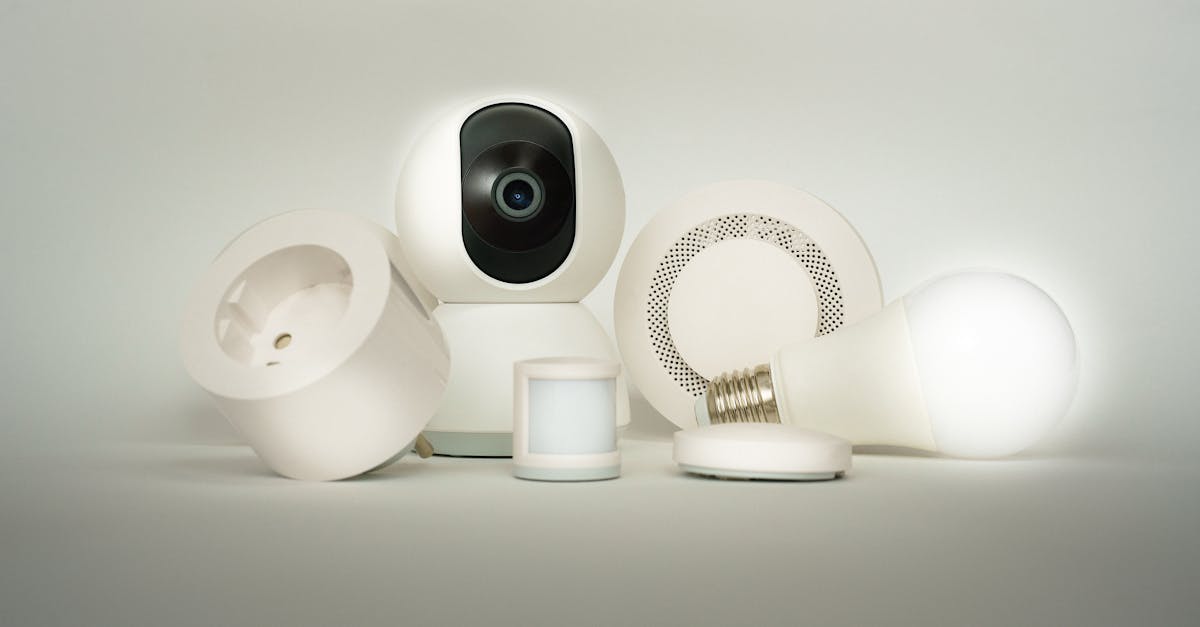Visionary Home Health Insights 2050
Introduction: The Future of Home Health
The year 2050 promises transformative advancements in home health care, revolutionizing how we prioritize well-being and manage chronic conditions. Driven by technological innovation, personalized healthcare solutions are becoming increasingly integrated into our living spaces. From AI-driven diagnostics to smart home systems, the home health landscape is set for a dramatic overhaul. The burgeoning field of telehealth, coupled with wearable technology, allows individuals to engage in their health proactively. With an aging global population, the demand for efficient home health solutions is ever-increasing. But what will home health look like in 2050?
Advertisement
Smart Home Systems: The Intelligent Caregivers
One of the central pillars of home health in 2050 will be smart home systems acting as intelligent caregivers. Equipped with sensors and AI, these systems will continuously monitor residents' health, analyzing data for early detection of potential issues. Smart homes will be programmed to manage medication schedules, perform routine health checks, and send alerts to healthcare providers as needed. These systems will enhance safety, enabling aging adults to live independently for longer while enjoying a higher quality of life. With continual technological advancements, these homes will adapt dynamically to occupants' individual health conditions and preferences.
Advertisement
AI and Big Data: Personalized Healthcare
The integration of AI and big data analytics will revolutionize personalized healthcare by 2050. AI algorithms will process vast amounts of data from wearable devices, smart home systems, and health records, tailoring healthcare recommendations to each individual's unique needs. These intelligent systems will suggest lifestyle changes, track treatments' effectiveness, and even predict potential health risks. This fusion of AI and big data will empower individuals to make informed health decisions, shifting the paradigm from reactive to proactive care. With ongoing developments, this approach will optimize health outcomes and patient satisfaction.
Advertisement
Telehealth: Consultations from the Comfort of Home
Telehealth, already gaining traction in 2023, will become a staple of healthcare delivery by 2050. With advanced holographic technologies and virtual reality integration, patients will engage in realistic consultations with healthcare professionals from their homes. Real-time diagnostics, coupled with immediate access to specialists worldwide, will ensure personalized and efficient treatment. This shift will significantly reduce the need for in-person visits, thereby improving accessibility and reducing travel-related healthcare costs. Telehealth consultation will become as routine as a phone call, making healthcare accessible to even the most remote populations.
Advertisement
Wearable Technology: Continuous Health Monitoring
Wearable technology will continue to evolve, offering comprehensive health monitoring around the clock by 2050. Devices, seamlessly integrated into clothing or accessories, will track vital statistics such as heart rate, blood pressure, and glucose levels. Advanced biosensors will detect myriad health markers, providing valuable insights at a molecular level. By alerting users and healthcare providers to any deviations from normal parameters, these wearables will mitigate risks and prevent potential health crises. As technology progresses, wearables will expand into areas such as emotional well-being, quantifying stress levels and mental health status.
Advertisement
Mental Health: A Holistic Approach to Well-Being
In 2050, home health will embrace a holistic approach, prioritizing mental and emotional well-being alongside physical health. Technology, such as AI-powered mental wellness apps and virtual reality therapy sessions, will offer personalized mental health support. As stigma around mental health continues to diminish, these tools will become integral to everyday well-being, catering to both proactive care and crisis management. Smart home systems will promote mindfulness and relaxation, using ambient music, lighting, and aroma to foster a sense of calm. This commitment to mental health will contribute to longer, healthier lives.
Advertisement
Nutrition and Fitness: Tailor-Made Wellness Plans
By 2050, the focus on nutrition and fitness will be seamless and personalized, driven by sophisticated AI analysis. Smart kitchens will suggest meals based on dietary restrictions or health goals, optimizing nutrition while minimizing waste. Personalized fitness programs, guided by virtual trainers and adaptive home gym equipment, will ensure individuals maintain optimal physical health. AI-coached workouts that adjust in real-time to individuals' physiological responses will encourage adherence and maximize results. This integration will bridge the gap between technology and lifestyle, helping people achieve their health objectives efficiently.
Advertisement
Regenerative Medicine: A New Front in Home Health
Regenerative medicine will continue to gain momentum, transforming home health care by 2050. With advances such as lab-grown organs and tissue regeneration techniques, personalized medical solutions will be more accessible. Cutting-edge technology will enable at-home treatment of conditions ranging from joint wear to cardiovascular diseases. Gene editing technologies, meanwhile, will offer therapeutic possibilities for previously incurable conditions. As regenerative medicine integrates into home health, it will enhance human longevity, ensuring treatments for age-related ailments are readily available in the comfort of one's home.
Advertisement
Home Health Robotics: The New Era of Assistance
By 2050, home health robotics will play a pivotal role in supporting elder care and individuals with disabilities. Robotic aides, equipped with AI capabilities, will assist with daily tasks such as mobility, hygiene, cooking, and companionship. These robots will serve as caregivers, improving quality of life through advanced functionalities and round-the-clock availability. They will relieve the burden on family caregivers and address labor shortages in the healthcare industry. As technology progresses, robots will become more empathetic and adaptive, offering personalized interactions and enhancing human-robot relationships.
Advertisement
Conclusion: A Visionary Future
As we look towards 2050, home health holds the promise of a visionary future, driven by technological innovation and personal empowerment. Smart homes, AI, and telehealth will redefine how we approach wellness, offering personalized and proactive care. Wearable technology and mental wellness solutions will ensure a holistic focus on health, considering psychological and physical well-being. A harmonious integration of nutrition, fitness, and regenerative technologies will further enhance outcomes. With home health becoming an integral part of daily life, individuals will embrace longer and healthier lives in environments that nurture their well-being. The future of home health is bright, and it is within our reach.
Advertisement


